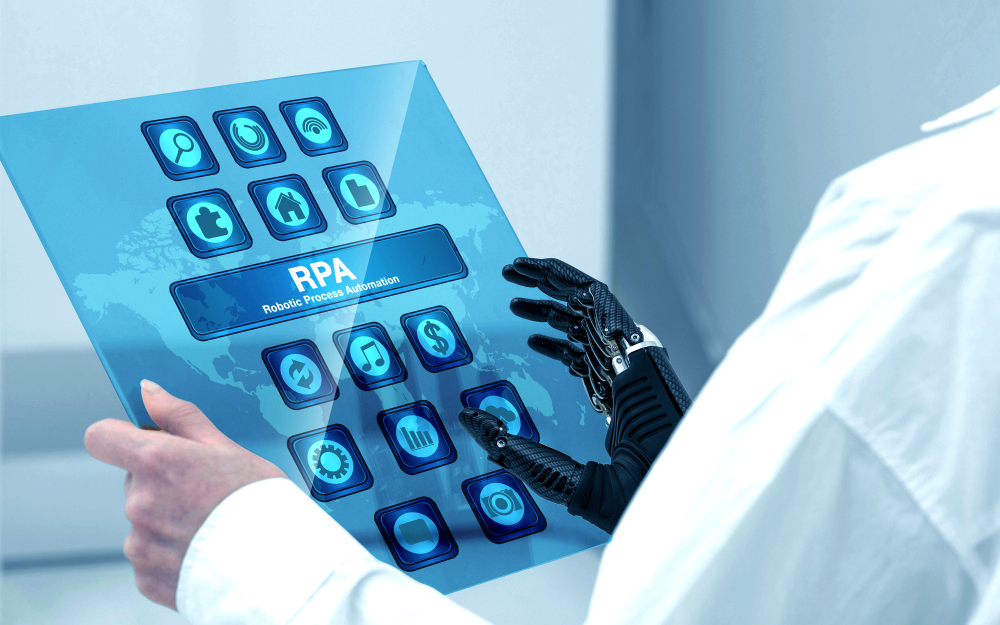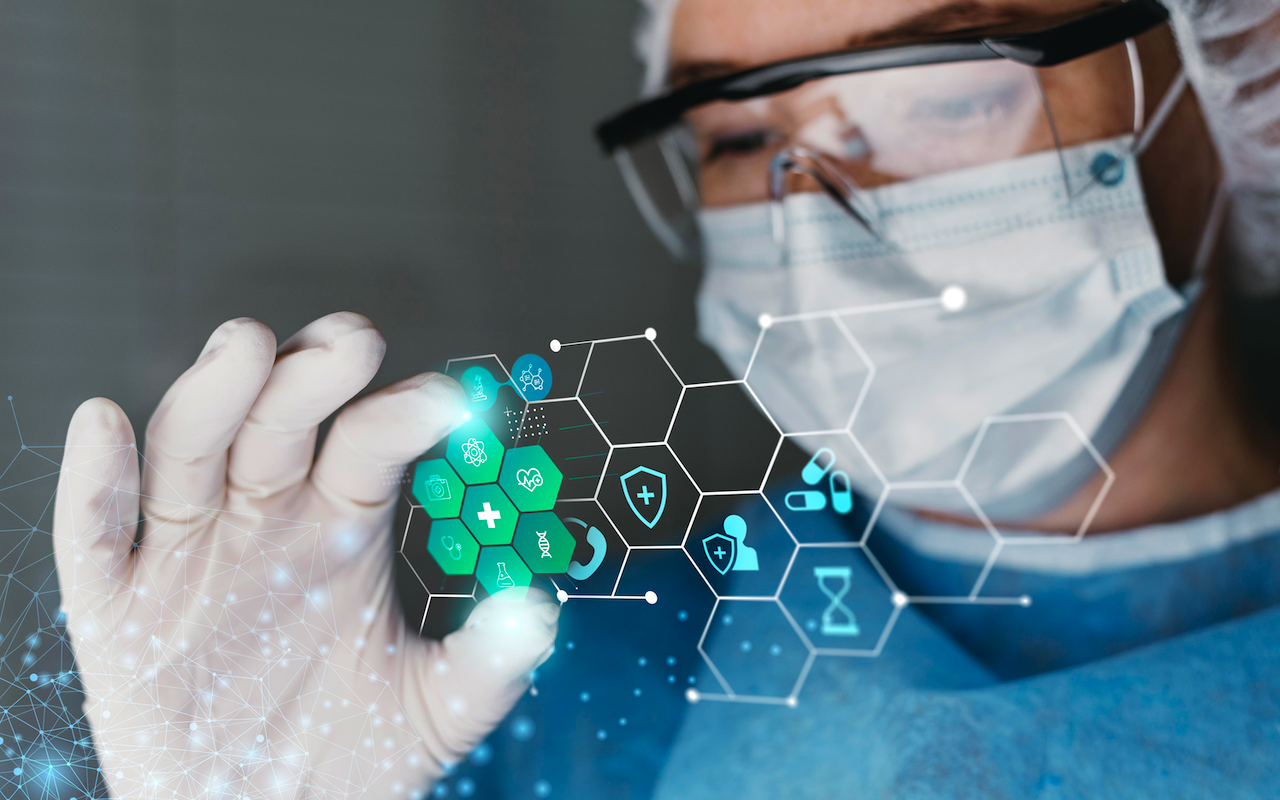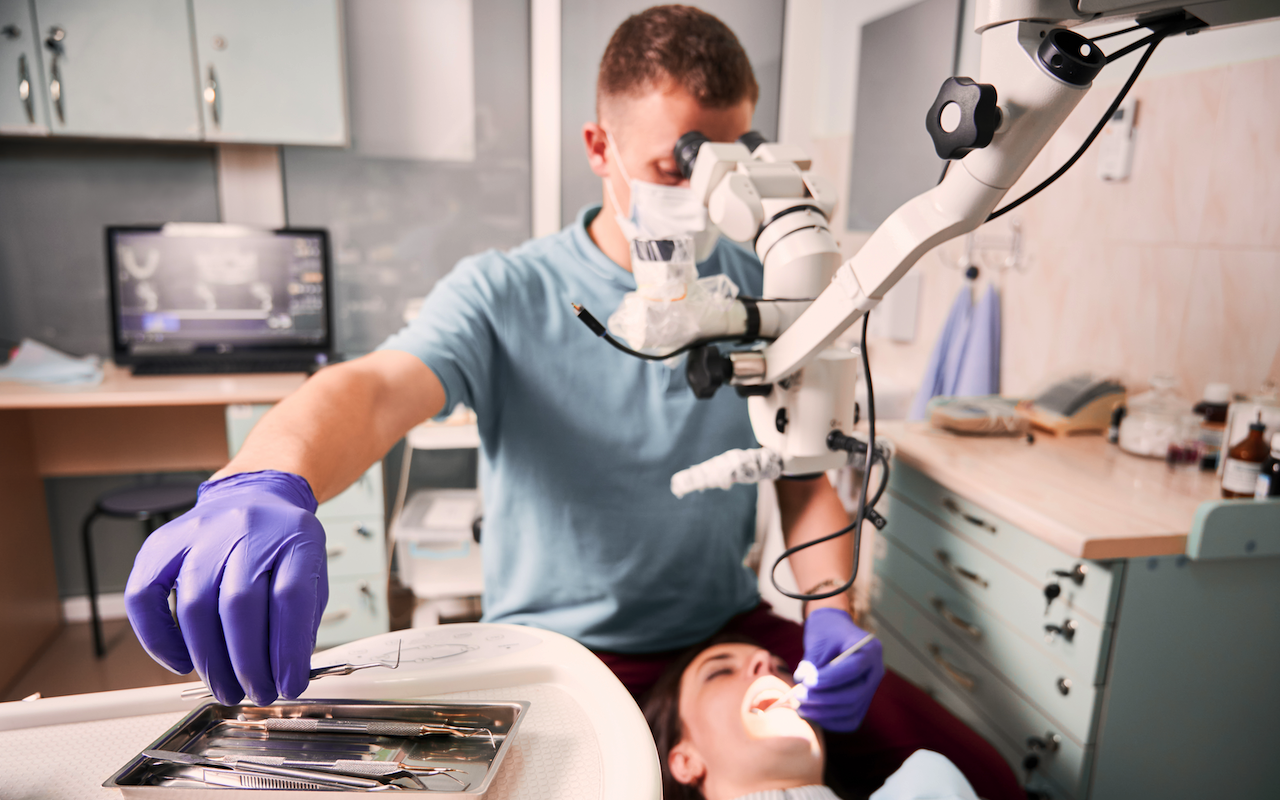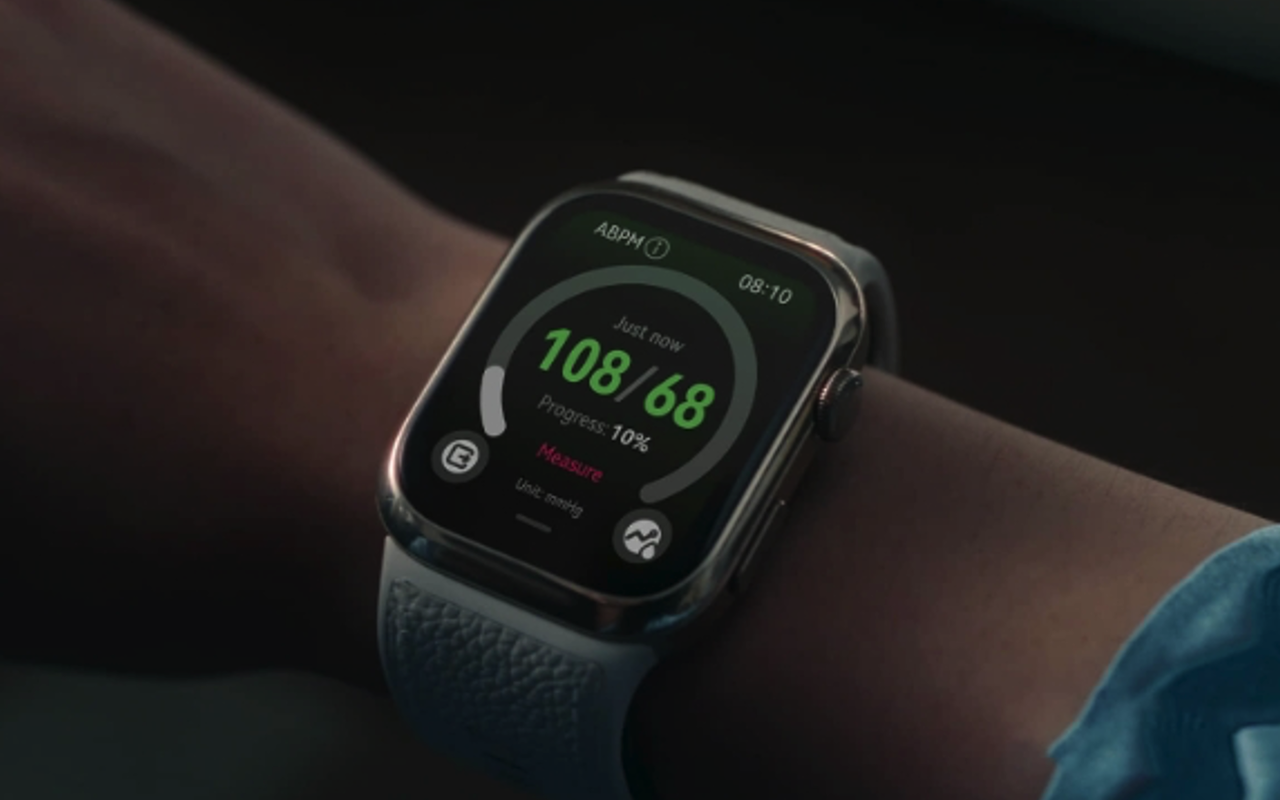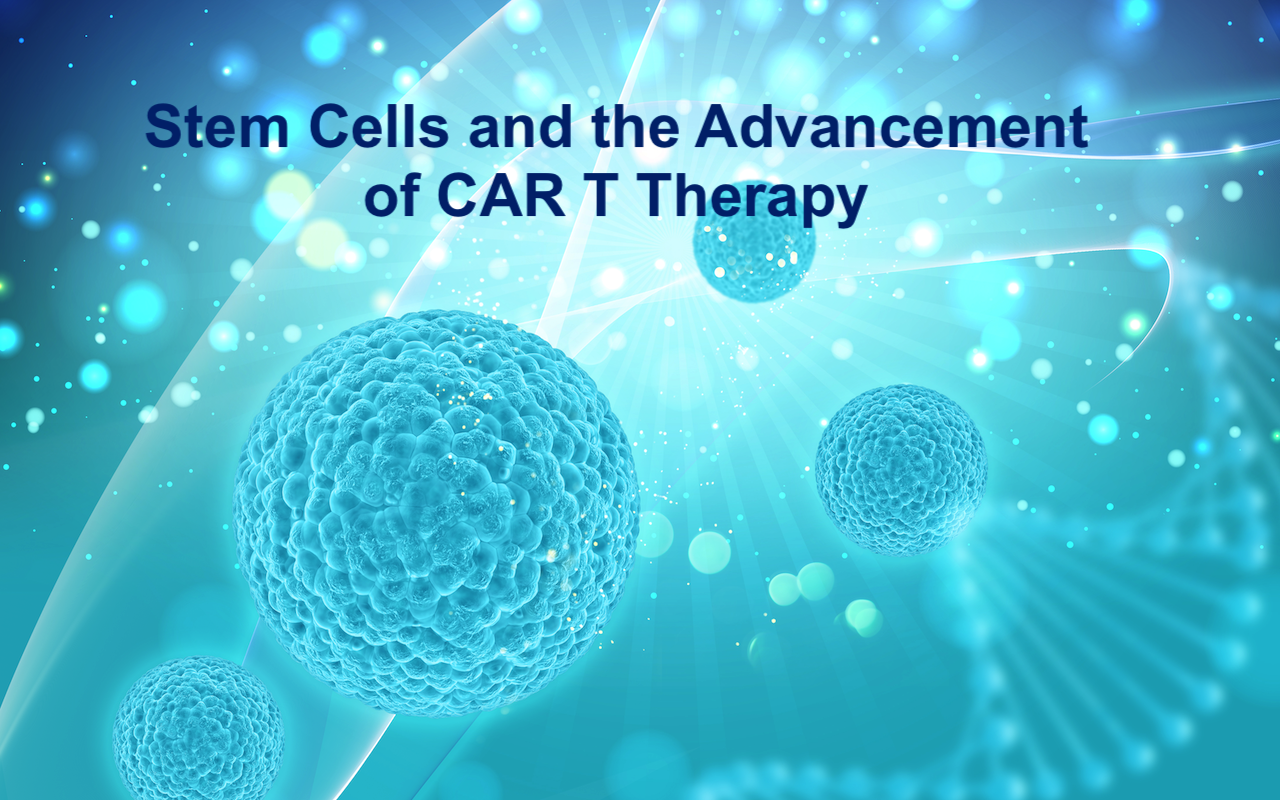
In recent decades, regenerative medicine has opened new frontiers in medical science, offering innovative solutions for conditions previously considered difficult or impossible to treat. At the center of this revolution lies therapy stem cells, a powerful approach that uses the body’s own biological building blocks to repair, regenerate, and restore damaged tissues. Stem cells are undifferentiated cells capable of developing into specialized cells such as neurons, cardiomyocytes, or skin cells, depending on the environment they are introduced into.


